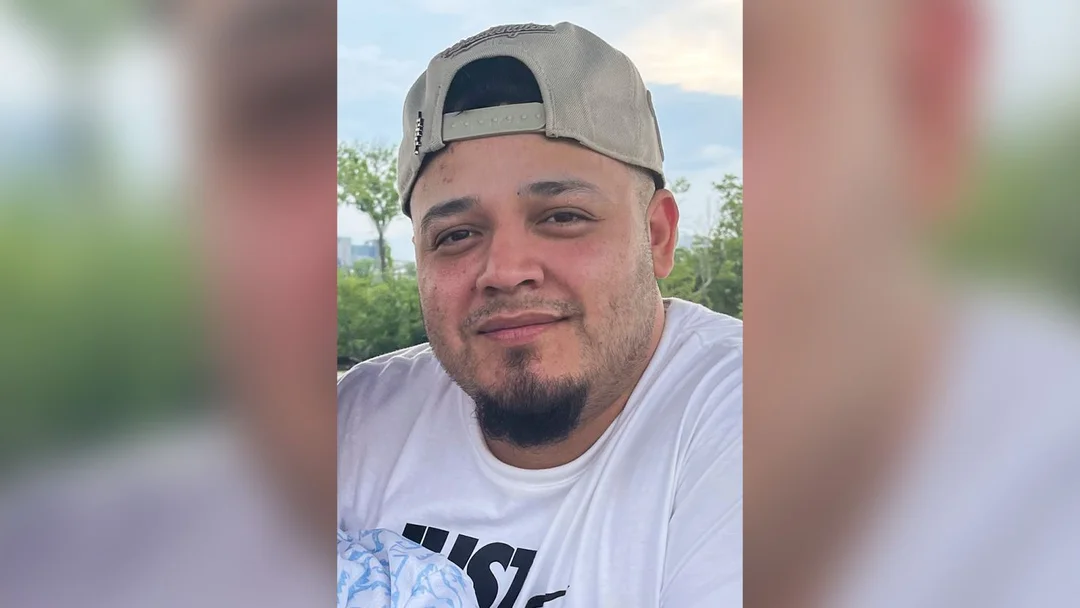
Supreme Court Reviews Trump-Era Deportation Case Involving Mistaken Identity
The U.S. Supreme Court is currently deliberating a significant case stemming from the Trump administration's immigration policies, focusing on the wrongful deportation of a Maryland resident, Gustavo Carrillo Abrego, to El Salvador. Abrego, mistakenly identified as a criminal deportee, was sent back to his home country despite having no criminal record. This case, Abrego v. Garcia, has sparked a nationwide debate on the accuracy and fairness of deportation procedures.
Legal analysts and human rights organizations are closely watching the case, as it could set a precedent for how mistaken identity cases are handled in the future. The incident has raised questions about the Department of Homeland Security's (DHS) protocols and the potential for similar errors affecting other immigrants. The Supreme Court's decision could influence future immigration enforcement practices and the rights of individuals facing deportation.
The case also intersects with broader discussions about the Trump administration's immigration policies, including the controversial use of 'black sites' for detaining immigrants, which has been criticized for its lack of transparency and potential human rights violations. As the nation awaits the Supreme Court's ruling, the outcome of Abrego v. Garcia could have far-reaching implications for immigration law and policy in the United States.